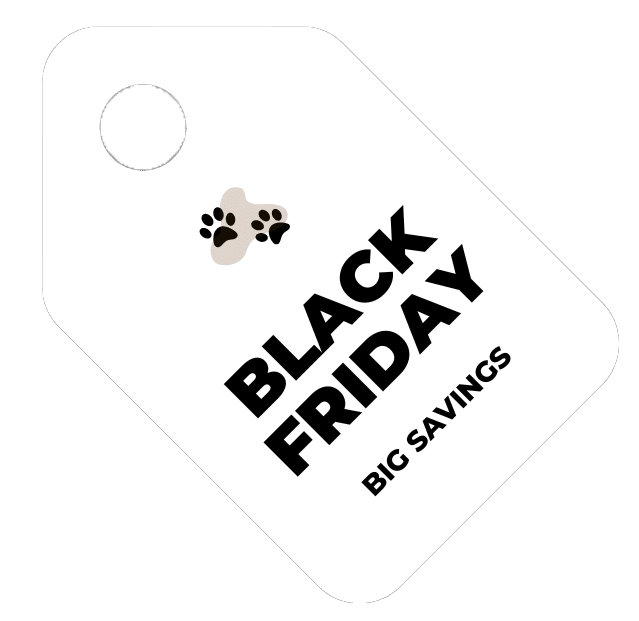Just as a person needs proper supplement intake, so does your feline friend. Used properly, cat supplements can improve upon the already healthy cat’s diet, helping them live longer lives. Supplements for your cat will help a range of issues, including health deficiencies, general illnesses and overall vitality. Does your cat need supplements? Read on to find out.
The Basics of Cat Supplements
Supplements have become very popular within the past decade, not just among humans, but cats as well. Along with a balanced diet, supplements will provide essential nutrients to assist any ailments of the body, whether it’s poor joint mobility, kidney function, blood circulation, or even just low energy.
Supplements Correct Health Ailments
If your cat suffers from any health deficiencies or ailments, supplements may be the perfect remedy. For instance, as pets age, they require much more support for their kidneys, joints and immune system. To remedy this situation, senior cats can take a supplement like Elk Velvet Antler with Ginseng to support normal kidney function and joint flexibility for cats in their second stage of life.
Nutritional deficiencies are often seen in cats that are pregnant and nursing. Especially if the cat gets pregnant before the age of 10-12 months. Just as people get morning sickness and random food cravings, cats also show the same behavior during their pregnancy. But if you catch your cat eating dirt, litter, clothing, blankets or other non-food items, check with your vet. He may have a condition known to professionals as “pica”. Using the correct supplements will help his nutritional imbalance or mineral deficiency.
Supplements to Give Your Cat
- General vitamins and minerals: Whether it’s a single vitamin or multivitamin, cats can benefit from these supplements. Most cat foods contain all the necessary vitamins and minerals that a cat needs.
- Essential fatty acids: Omega-3 fatty acids and omega-6 fatty acids have been shown to keep a cat’s coat glossy and prevent shedding. They also aid your cat’s immune system, liver, eyes, brain, and joints. And, just like in humans, omega-3 fatty acids boost heart health and fight high cholesterol. Cat foods contain a lot more omega-6 fatty acids than omega-3 fatty acids, so supplementation is warranted in some cases.
- Probiotics: These digestive health protectors offer “good” bacteria that help improve the GI tract. They contain microorganisms such as Lactobacillus acidophilus or Lactobacillus case which control the overgrowth of “bad” bacteria in the large intestine.
Cat Supplements to Avoid
Experts say there are a lot of unsafe supplements, but the biggest ones to avoid include:
- Garlic: destroys red blood cells, leading to anemia
- Onion: destroys red blood cells, leading to anemia
- Calcium: too much can be toxic
- Vitamin D: too much can be toxic
- Vitamin C: too much can cause overly acidic urine, which can lead to crystal formation and a life threatening blockage
Cat Supplements by Wapiti
If you’re looking for assistance in keeping your cat happy and healthy, check out our cat supplements where we offer treatments all kinds of ailments. Wapiti provides sustainable, American-made dietary supplements for an assortment of individuals, including pets and people.



